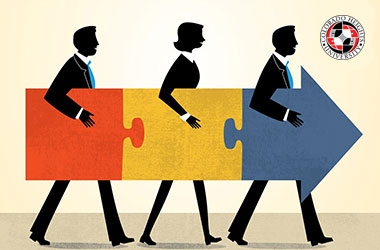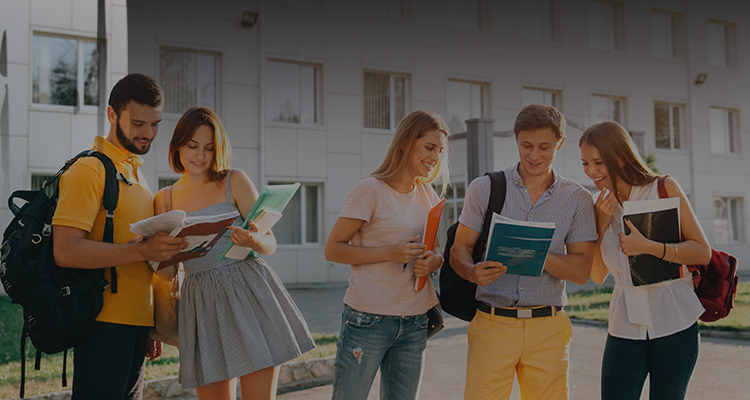Learning Outcomes
Critical Thinking; The student will recognize and describe the ways in which political, economic, cultural, and social factors influence, and are influenced by, the information that the news media present. The student will demonstrate creativity and independence in reporting and writing. Diversity; The student will demonstrate an ability to work as a journalist serving diverse, communities in a global society, including the complexities of gender, race, ethnicity, sexual orientation, socio-economic status, and other forms of diversity. The student will demonstrate an understanding of the digital divide at home and globally. Ethics; The student will apply ethical principles in work, whether professional or academic, and work ethically in pursuit of truth, accuracy, fairness, and diversity. The student will describe the philosophical foundations of ethical decision-making. Independence; The student will apply the principles of freedom of speech and the press, and explain how these principles include the rights to monitor and criticize those in power, as well as to dissent. Law; The student will recognize the legal frameworks in which the rights and responsibilities of the press have evolved in the United States and countries around the world and will be able to cite national constitutions, case law, statutes, policies, and international laws, as well as the social, political, and cultural contexts of those frameworks. Numeracy; The student will be able to perform basic mathematical computations, evaluate statistical data, including public opinion polls, and detect innumeracy in the work of others. Research; The student will effectively gather and critically evaluate information through interviews, observation, public records, and other methods central to journalism. Role of the press; The student will be able to describe the role of the press in a democracy, as well as the historical and contemporary relationships among the press, the public and the government. The student also will be able to articulate the relevance of journalism to individuals, institutions and society. Technology; The student will demonstrate knowledge of software for video, photographic, and online storytelling, as well as other technologies used by the profession. The student will be able to describe the relationship among journalism, information technology, and society, and the ways in which technological developments affect the content and dissemination of news. Theory; The student will be able to describe fundamental communications theories as they relate to the use and presentation of information and images. Writing; The student will show that he or she writes correctly and clearly with attention to style, spelling and grammar, as well as clarity, accuracy and fairness.



